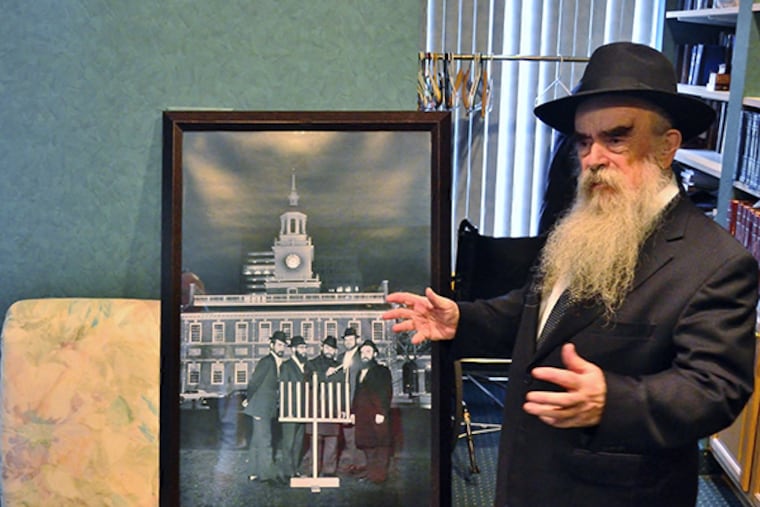New Jersey woman granted .7 million after man illegally posted stolen photos online.
A New Jersey woman has been awarded .7 million in a landmark civil case against Tyler Jones, a 33-year-old from Philadelphia who unlawfully accessed intimate photos from her phone and disseminated them online. The ruling has brought attention to the growing issue of nonconsensual image sharing, also known as “revenge porn,” and the impact it has on victims’ lives.
Jones, who had previously been in a relationship with a close friend of the victim, obtained access to her phone without her knowledge. He then proceeded to send private images to himself, later posting them on various platforms including 4Chan, Discord, and Telegram. In an alarming breach of privacy, he also transmitted the images to her friends via a disguised Instagram account.
The victim remained unaware of these violations for over a year. It was not until late 2023 that she was informed by a friend about the existence of an Instagram account offering to share her nude photos. Upon investigation, she discovered an extensive collection of posts that not only featured her images but also included identifiable information, making her vulnerable to harassment and abuse.
In response to this violation, she filed a police report and engaged legal counsel to pursue justice. According to legal documents, her attorneys uncovered not only her images but also those of at least seven additional victims dating back to 2013. This investigation laid the groundwork for her civil lawsuit, which was filed in August 2024.
On Monday, U.S. District Judge Edward Kiel ruled in favor of the victim, holding Jones accountable for multiple violations of federal and state laws against the unauthorized distribution of intimate images. The judge also found him liable for intentional infliction of emotional distress and invasion of privacy. The financial award of nearly million includes million in punitive damages aimed at deterring similar future offenses.
The legal scrutiny of Jones does not end there; he faces criminal charges from the Pennsylvania Attorney General’s office. On July 8, he was charged with numerous offenses including felony counts of unlawful use of a computer and unlawful duplication, in addition to misdemeanor charges of invasion of privacy and unlawful dissemination. Following his arraignment, he was held on 0,000 bail.
This case shines a light on the urgent need for stronger protections against digital abuse and highlights the importance of holding perpetrators accountable. Victims of such acts are often subjected to long-lasting emotional distress and public humiliation, underscoring the importance of legal frameworks to combat these violations effectively. The outcomes of such cases may foster greater awareness and legislative action to provide robust protections for individuals in similar predicaments.
Media News Source.







